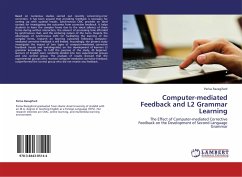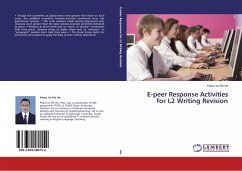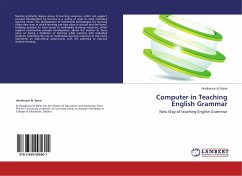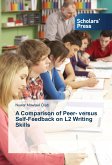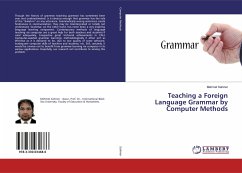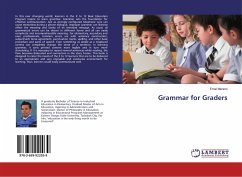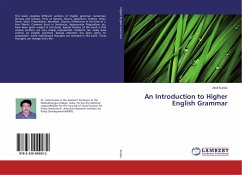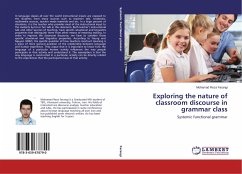Based on numerous studies carried out recently concerning error correction, it has been argued that providing feedback is necessary for coming up with optimal results. Synchronous CMC provides an ideal context for investigating the outcomes from corrective feedback. It helps students to learn the complex forms due to the visual saliency of these forms during written interaction, the amount of processing time afforded by synchronous chat, and the enduring nature of the turns. Despite the advantages of synchronous CMC for facilitating the learning of the complex forms, research on learning outcomes following computer-mediated corrective feedback is still limited. Accordingly, the present study investigates the impact of two types of computer-mediated corrective feedback (recast and metalinguistic) on the development of learners L2 grammar knowledge. To fulfil the purpose of the study, 45 beginner learners of English were randomly divided into two experimental groups and one controlgroup. The analyses of results showed that the experimental groups who received computer-mediated corrective feedback outperformed the control group who did not receive any feedback.

